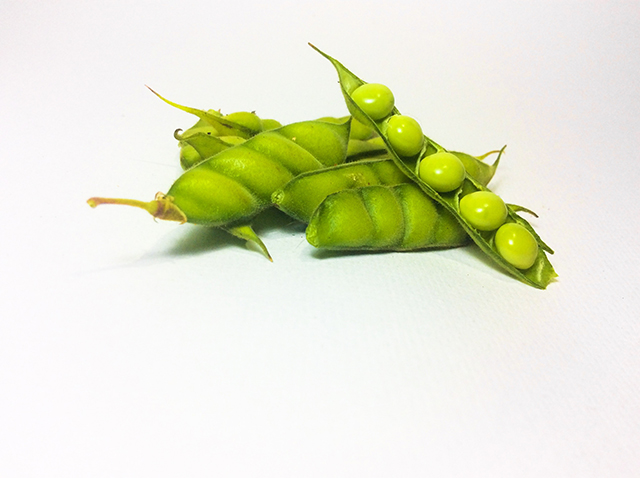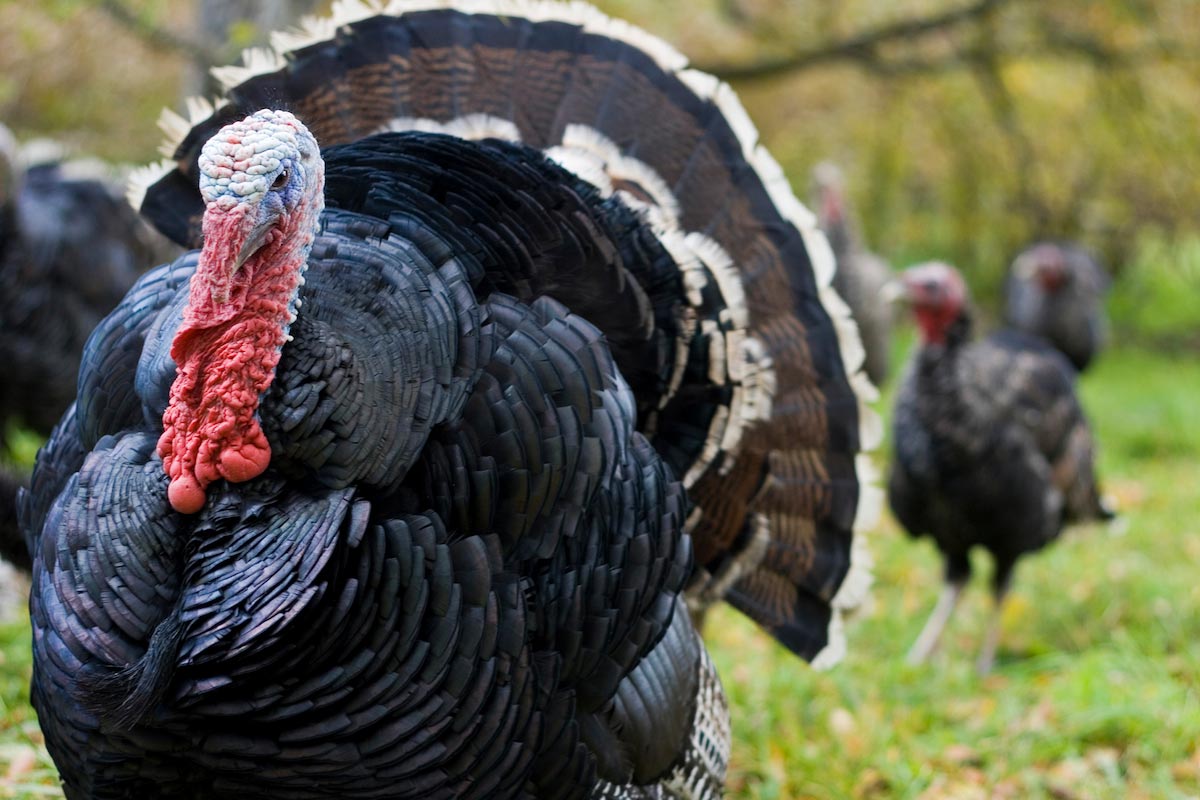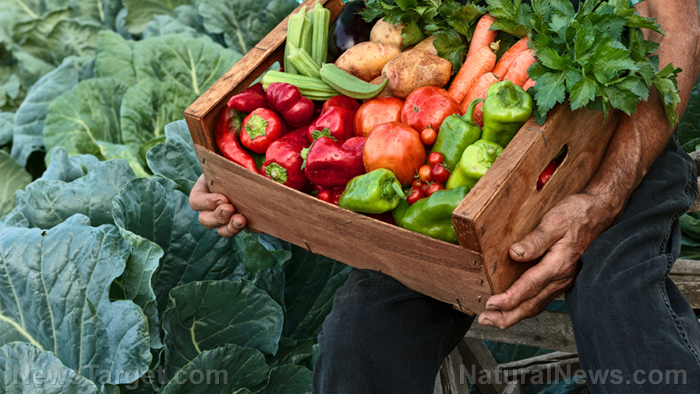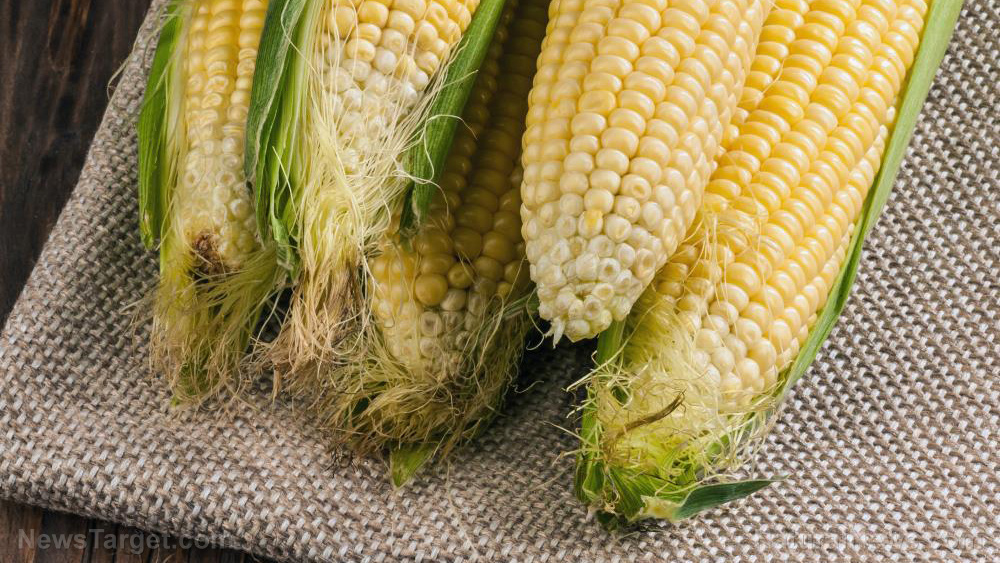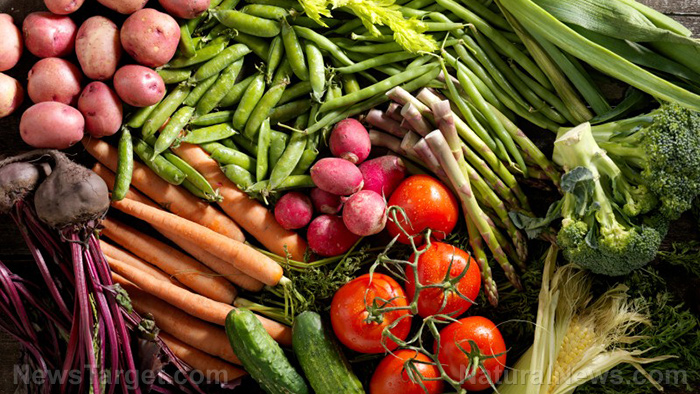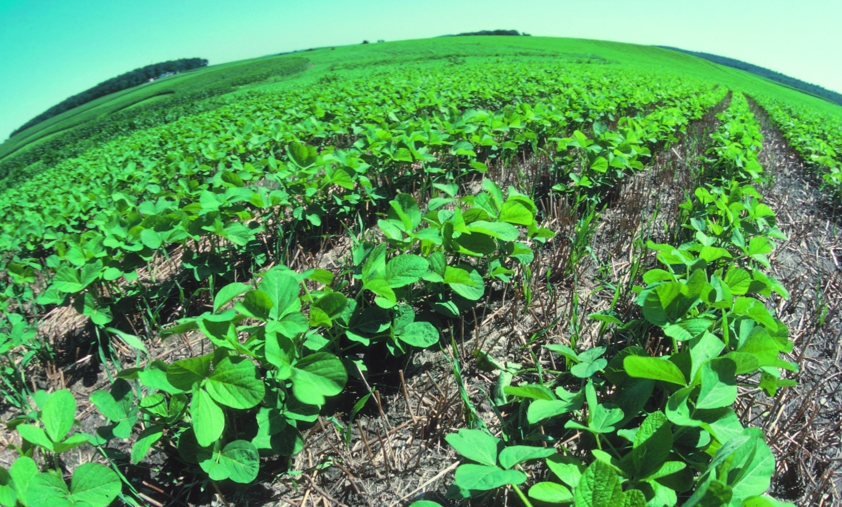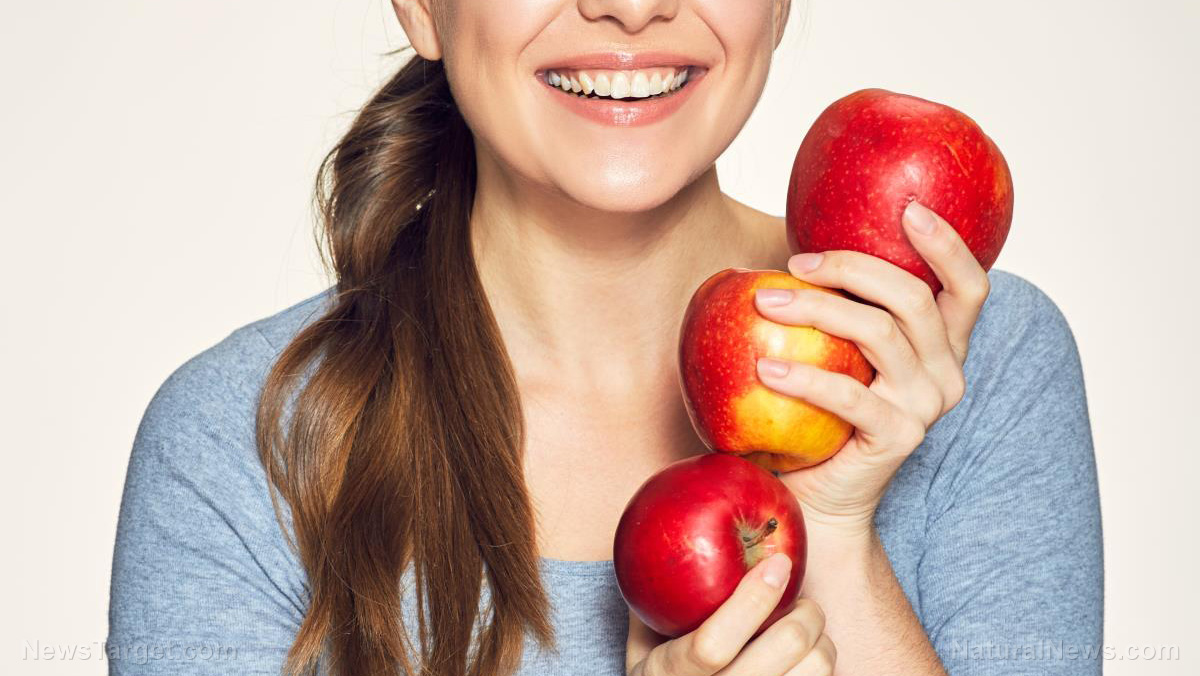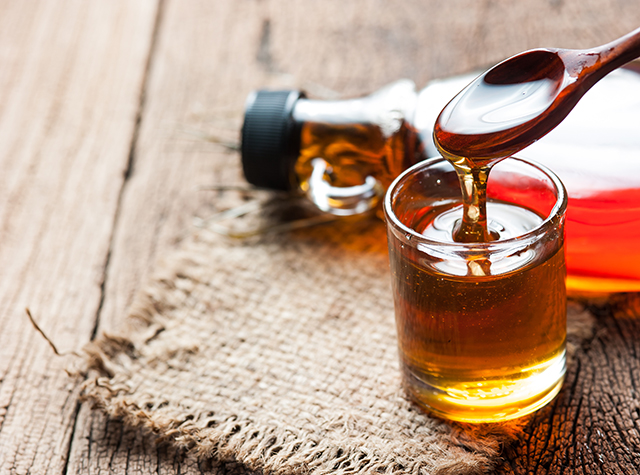How does the farm-to-market process affect nutrition? When fruit is picked, how it’s stored affects quality, nutrients
09/21/2018 / By Ralph Flores
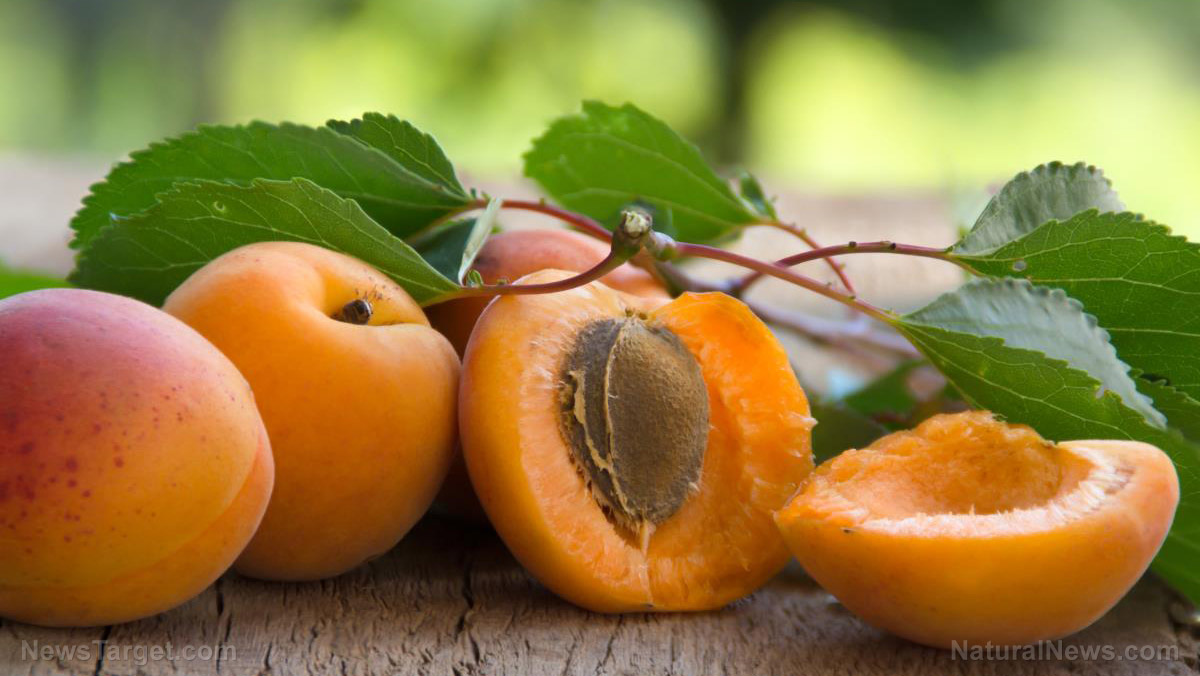
Looking at the food that we have on the table during meal times says a lot about how we perceive nutrition. With one out of three people in the U.S. being obese – including 12.5 million children aged two to 19 years – having a nutritious diet is just a start of a lifetime of taking care of your health.
That said, a lot of people don’t know where to start, and for good reason: A trip to the produce section is daunting at best, with so many labels and claims to choose from. Still, it’s best to be informed of what choices may work best for you.
Take farm-to-market food, for example. The idea was built on the claim that food is better when it’s “fresh from the farm” and favors locally-sourced food items that are “natural and unaltered.” According to proponents of the movement, farm-to-market (also called farm-to-table or farmers market) ensures that a person knows where his food comes from, and that it has been picked at optimum conditions, unlike commercially grown fruits and vegetables. The U.S. Department of Agriculture also listed some benefits of going to a farmers market.
- Produce is freshly picked, which means these are in-season and have the highest amounts of flavor and nutrition.
- Fresh fruits and vegetables have high amounts of antioxidants and phytonutrients.
- Most farmers offer items that align with recommended nutrition guidelines.
- Most markets have unique vegetables that are sold in that area alone.
- It supports local farmers, which can benefit the community.
These processes – ripening, cold storage, and other simulated marketing conditions – were the center of a study made by researchers from the Università degli Studi di Sassari in Italy. In particular, the team investigated whether these conditions have any effect on the nutrient content of the peach fruit. The results of the study were posted in Acta Alimentaria: An International Journal of Food Science.
The researchers first looked at how storage time can affect peaches for their study. Two Elegant Lady peaches were harvested at two ripening stages – immature and commercially mature – and were stored under cold temperatures. They then studied how cold storage can affect various quality parameters of the peaches, as well as its antioxidant content. These parameters included destructive parameters like physical-chemical properties, antioxidant activity, and firmness, as well as non-destructive qualities such as the color and index of absorbance difference.
The findings indicated that there was a significant impact on the quality and nutrient content of the peach fruit after harvest and cold storage. In particular, storage affected their color, firmness, and antioxidant activity. This also was the case with the ripening stage. During cold and marketing storage, the firmness of the fruit significantly decreased, and skin color parameters for both fruits changed – with both having a deeper red hue after storage.
Moreover, while antioxidant activity increased for both fruit, it was higher in commercially mature fruit than in immature peaches when picked. This indicated a more equilibrated ratio of total sugars to acids. This can be tricky for peaches: While peaches are picked to ensure it will ripen but not become overripe, one of the challenges of harvest is deciding when to collect the fruit. This could mean that the antioxidant content that a person gets from a commercially mature peach may be lesser than those picked when they are truly ripe. Other compounds such as polyphenols and ascorbic contents, however, were not changed.
So the next time you wonder what goes on your plate, it would do you a lot of good to choose those that give you the best value – not only for your money but also for your health.
Read more about how you can make food work for your health by heading to Food.news today.
Sources include:
Clemson.edu [PDF]
Tagged Under: agriculture, commercially grown produce, farming, food manufacture, Food storage, food supply, fresh picks, fruits and vegetables, harvest, local produce, nutrients, nutrition


